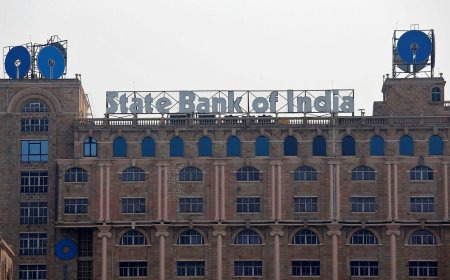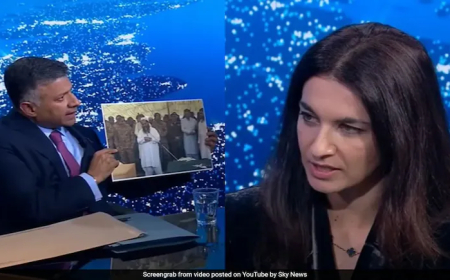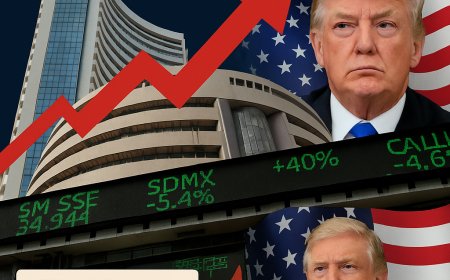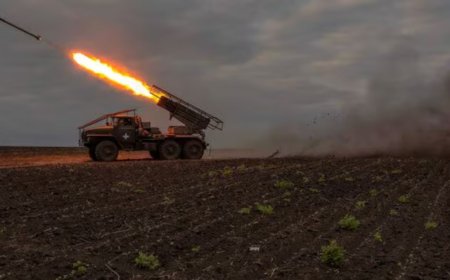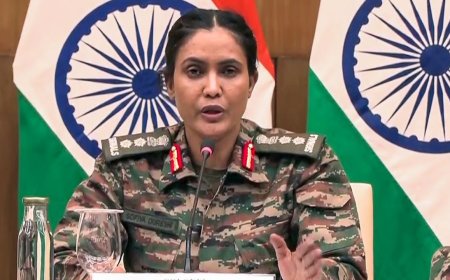Vladimir Putin tells Iranian foreign minister there was no justification for US attack
Russian President Vladimir Putin told Iran’s Foreign Minister that the recent U.S. airstrike in the Middle East was unjustified, escalating geopolitical tensions.
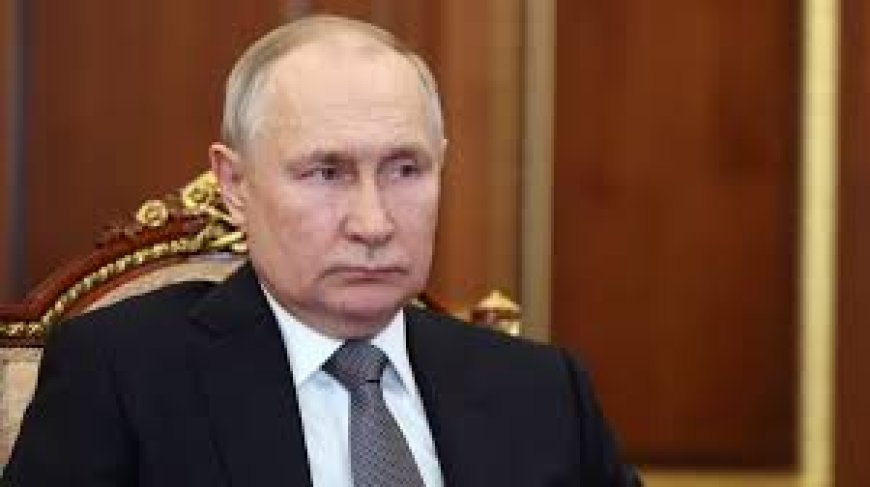
In a strongly-worded diplomatic statement, Russian President Vladimir Putin told Iranian Foreign Minister Hossein Amir-Abdollahian that there was "no justification" for the recent United States military strike in the Middle East, which Moscow sees as an “unprovoked escalation” in an already volatile region.
High-Level Talks Amid Geopolitical Tensions
During an official visit by the Iranian foreign minister to Moscow on Monday, the two sides held closed-door talks addressing bilateral cooperation, regional security, and the recent U.S. airstrike that reportedly targeted Iranian-backed militia facilities in Syria. According to the Kremlin’s official readout, President Putin emphasized the “illegitimacy” of Washington’s actions and reaffirmed Russia’s support for a multipolar world order governed by international law.
“The use of force without a UN Security Council mandate continues to undermine regional stability,” Putin was quoted as saying. “There was absolutely no justification for the strike—political or legal.”
Amir-Abdollahian, in turn, praised Russia’s stance, calling it a “pillar of regional balance” and vowed to deepen defense and economic ties with Moscow amid growing pressure from the West.
Background of the U.S. Strike
The United States launched a targeted airstrike over the weekend, claiming it was in response to increasing threats from Iranian-aligned militia groups operating in Syria and Iraq. According to the Pentagon, the strike was "narrowly tailored" and aimed to deter future attacks on American personnel in the region.
Washington insists that its actions were defensive and necessary, citing recent drone and rocket attacks on U.S. bases. However, both Tehran and Moscow have condemned the move as a violation of Syria’s sovereignty and a dangerous precedent for unilateral action.
Analysts Warn of Escalation Risks
Experts caution that the widening rift between the U.S. and the Russia-Iran axis could lead to more frequent and unpredictable military flashpoints in the Middle East.
Dr. Laila Mohseni, a geopolitical analyst at the Center for Strategic Studies in London, told Global Watch, “Putin’s condemnation is not just rhetorical. It signals a strengthening of the Moscow-Tehran alliance at a time when both are seeking to counterbalance U.S. influence in the region.”
She added, “This will likely result in greater coordination between Russian and Iranian forces on the ground in Syria, complicating U.S. strategic calculus.”
Market Reactions: Oil Rises, Ruble Steady
Markets reacted swiftly to the tensions, with Brent crude prices rising nearly 2% to $87.30 per barrel on fears of supply disruptions. Middle East instability typically leads to risk-off sentiment among investors, pushing up energy prices and triggering volatility across emerging markets.
The Russian ruble remained relatively stable, buoyed by central bank interventions and a stronger-than-expected trade surplus. However, defense and energy stocks in Moscow saw mild gains, reflecting investor sentiment around potential shifts in regional power alignments.
Implications for Investors and Global Diplomacy
With Russia publicly siding with Iran in denouncing U.S. military action, global investors are watching closely for signs of retaliatory moves or proxy confrontations. The diplomatic fallout could ripple across currency markets, defense sectors, and energy portfolios.
“It’s a classic geopolitical chessboard,” said Jonathan Webb, head of global risk strategy at ArkBridge Capital. “Investors must brace for a prolonged period of uncertainty in the Middle East. Commodity plays—especially oil and gas—will benefit, but currency volatility and sovereign debt in the region could suffer.”
Moreover, the crisis comes amid renewed efforts by BRICS nations to reduce dollar dependence in cross-border settlements, potentially accelerating moves toward alternative financial systems.
Looking Ahead
Putin’s statement marks a significant diplomatic moment, as Russia continues to project itself as a counterweight to U.S. military dominance. As Iran seeks closer ties with China and Russia in the face of Western sanctions, the Middle East may witness a reshuffling of alliances and influence spheres.
The international community now looks to upcoming UN Security Council sessions and regional summits for potential diplomatic solutions. However, with major powers locked in strategic competition, the path to de-escalation remains uncertain.
What's Your Reaction?
 Like
0
Like
0
 Dislike
0
Dislike
0
 Love
0
Love
0
 Funny
0
Funny
0
 Angry
0
Angry
0
 Sad
0
Sad
0
 Wow
0
Wow
0




























































